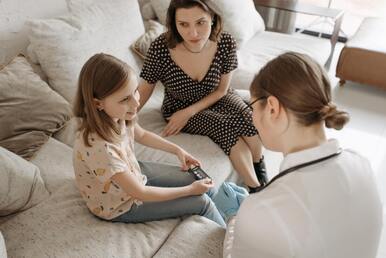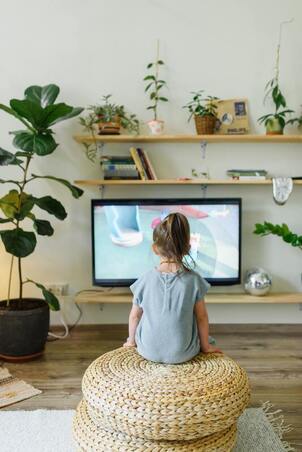|
This is a question from many parents and a hard decision to make. It is important to make an informed decision and to know your options. The information in this post is intended as a starting point for parents to help them on their journey as they consult with the other healthcare professionals in their child’s circle of care. Below are some commonly asked questions:
0 Comments
Bullying has far reaching impacts for kids and home life. After a child is bullied they may not be their usual happy self, they may be more defiant, they may be more aggressive or on the opposite end more reserved than usual. This can be a hard thing for parents and children to navigate.
Already if your child has been able to share with you this is happening to them, it speaks to their trust in you as a parent to be there for them. It is important to reaffirm to your child you hear them and you are glad they were brave enough to share. As often the embarrassment and rejection of being bullied may keep kids in silence. Here are some ways to approach it with your child: Handling meltdowns of kids of any ages whether toddler years, childhood years and even into teen years. Emotions can become overwhelming even for adults and we can have our mini-tantrum or meltdown. For kids it can be even more dysregulating as their prefrontal cortex only starts to develop and mature around the age of 2-3 and does not reach maturation until the teen years and up until age 25 which an article from the National Library of Medicine speaks to. With this in mind children need us as parents to show up with empathy and limits, and to be able to regulate ourselves which in turn helps children to build self-regulation as they are mirroring our nervous system. Some parents need additional help with this and that's okay, I provide this support to parents.
Here are four tips to try next time your child is having a meltdown: 1. Pause button. Pause yourself, notice if you are in the best mindset to handle this situation (if in your mind you are screaming not this again probably a good idea to take two breaths before dealing with the situation at hand if there is no immediate safety concern). 2. Breathe. Breathing completely changes your nervous system. Taking two to four breaths can have a huge impact on how you can show up with empathy, and to be present with your child to understand what is happening for them so you can reflect this back to them. 3. Empathize. With trying to understand them, you are able to empathize and validate how they are feeling. Typically when someone feels heard and validated there emotions settle down. For example if your child is 4 you could say "you are having a really hard time sharing your favourite toy, I imagine you are feeling angry about sharing and want it back. " If you are wrong about any pieces, they will tell you and this allows you to understand them further so don't get hung up on getting it all right. 4. Set Limit and/or Problem Solve. Most times a meltdown requires a limit. For example if your child was angry about sharing, after empathizing you set your limit about the rule with sharing, and you can also encourage your child to use their words to tell the other child who has the toy they want if they are done using it or if they can have a turn when they are done. This is a topic that comes up with so many parents I work with whether it is about finding alternates to the screen or reducing screen time to manage behaviour. As behaviour concerns have direct correlation with the amount of screen time a child has on a daily basis. This article from Aha Parenting speaks to ways to find a better balance with your child's screen time including setting reasonable goals, brainstorming alternate activities, helping your child play independently, and expecting an adjustment period.
|
AuthorI am a Registered Psychotherapist and Art Therapist. And I have been writing this blog since May 2021 about various topics including parenting, supporting adult and child mental health, and holistic approaches. The intention of this blog is to provide resources and information to others, however it is not intended to take the place of therapy. If you have any questions about anything written please reach out to me. Archives
March 2024
Categories |
Telephone |
|




 RSS Feed
RSS Feed